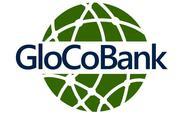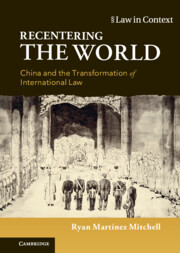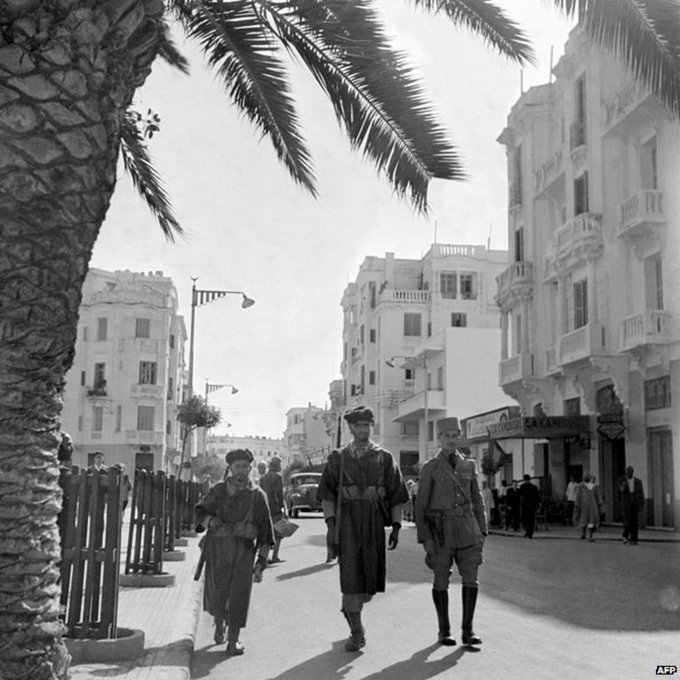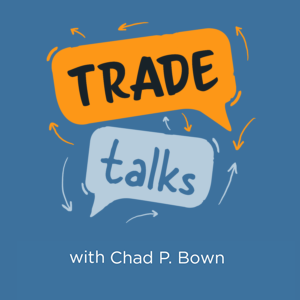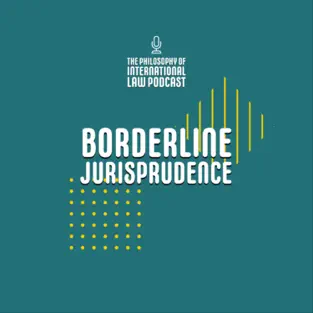The European integration process and its institutions have been home to several strands of economic ideas, including Keynesianism and its historical evolutions; the neo-mercantilist school; social-oriented approaches; and market-oriented and neoliberal policy options, to name but a few (Slobodian and Plehwe 2019; Stiegler 2019; Ventresca 2021; Warlouzet 2018; Young 2018). The aim of this conference is to explore the development, circulation, discussion and confrontation of economic ideas that contributed to shape the setting up of Economic and Monetary Union (EMU) throughout the second half of the twentieth century.
The economic, monetary and diplomatic dimensions of EMU have been widely studied (Dyson and Maes 2016; James 2012; Mourlon-Druol 2012) and the role that business actors, private banks and trade unions played – or failed to play – in designing EMU is increasingly scrutinised (Drach 2020; Ramirez Perez 2021). By contrast, the influence of economic ideas in the making of EMU is less researched. Which were the intellectual frameworks within which support for EMU emerged,
developed or was contested? How did alternative economic schools of thought confront each other in the making of EMU? To what extent did political interests and economic ideas intertwine and finally contribute to the settlement of the EEC (European Economic Community)’s economic and monetary architecture? Within this context, this conference has two aims. The first is to retrace the influence that economic ideas and the evolutions of international economic thinking had on the making of EMU. What schools of thought, what individuals and groups of individuals tried to shape the discourse and the making of EMU? The second is to analyse whether and how the making of EMU itself elicited significant transformations within the theoretical foundations of economic schools of thought between the post-WWII period and the early 1990s.
This conference is particularly interested in discussing topics which would revolve around the following issues in the making of EMU:
-The influence (or lack of influence) of individual schools of thoughts, including,
but of course not limited to, keynesianism, neo-mercantilism, neoliberalism(s), ordoliberalism, socially-oriented thinking (including socialist and socialdemocratic actors, communist parties/thinkers; trade unions’ representatives)
- The confrontations between and within economic schools of thoughts as far as the construction of EMU was concerned
-The theoretical reconfiguration of specific schools of thought as EMU was being discussed
-How different groups of thinkers organised themselves to develop their influence
-Individual economists, technocrats, and intellectuals and their thinking on EMU
�
This conference focuses on the period from the 1950s (Treaty of Rome creating the
EEC in 1957) to the decision to create an EMU in the 1990s (Treaty of Maastricht in 1991). Contributions can focus on shorter, more specific periods, or span the entire time frame. Proposals may also deal with pre-1950s events and debates on European economic and monetary cooperation that contribute to shed light on the later period. We welcome different methodological approaches in dealing with the theme of the conference, including but not limited to biography, prosopography, text mining and network analysis. The conference finally encourages a conversation between different historiographical traditions, including the history of ideas, the history of economic thought and international economic history.
The conference will take place on 27-28 April 2023 at the European University Institute in Florence.
Eligibility and how to apply:
PhD students, early career researchers, and confirmed researchers are invited to submit proposals. Applicants should submit an abstract of no more than 500 words outlining their proposal and a short CV by 15 February to the EURECON Project’s Administrator Miriam Curci (Miriam.Curci@eui.eu) writing ‘EURECON economic thinking conference application’ as the email subject line. Selected applicants will be informed by 1 March 2023.
Should your institution be unable to cover travel expenses and accommodation, the conference organisers will do so. For further information, please contact the EURECON Project’s Administrator Miriam Curci (Miriam.Curci@eui.eui).
Scientific committee
Professor Emmanuel Mourlon-Druol (University of Glasgow/European University Institute)
Dr Roberto Ventresca (European University Institute)
Organisation
The conference is funded by the ERC-funded research project EURECON: The Making of a Lopsided Union: Economic Integration in the European Economic Community, 1957-1992 (grant agreement No 716849).
Source: EUI newsletter
